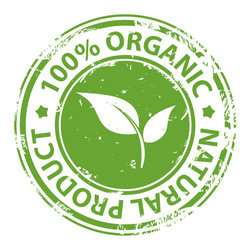
Organic hotspots include Huron County in Michigan, Clayton County in Iowa and Carroll County in Maryland; the OTA has created an interactive map where users can enter a zip code to see if a specific county is considered an organic hotspot.
According to the findings, counties with higher levels of organic agricultural activity can boost median household income by $2,000 and reduce poverty by about 1.3 per cent.
“This research systematically investigates the economic impacts of organic agriculture,” said Dr. Edward Jaenicke, the agricultural economist from Penn State University who prepared the report. “The growing market interest in organic agriculture can be leveraged into effective policy for economic development.”
Findings from the research include:
- Organic hotspots have a larger impact at the county level than some anti-poverty programs such as Special Supplemental Nutrition Program for Women, Infants and Children.
- Outreach and knowledge sharing is crucial for the creation of other organic hotspots.
- Organic agriculture can be used as an economic development tool.